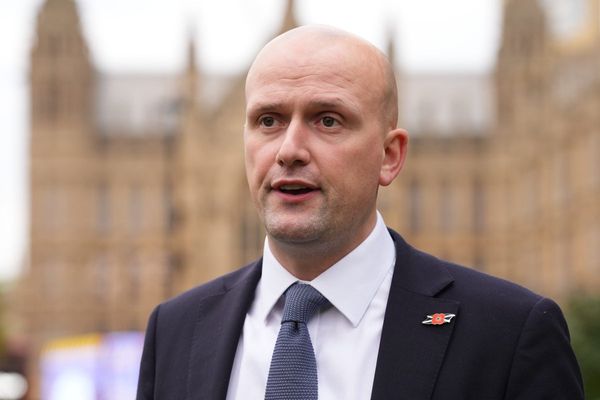
California is facing a severe homelessness crisis, with over 180,000 individuals experiencing homelessness in the state. A recent survey revealed that two-thirds of homeless Californians report having a mental health condition, yet only 18 percent have received recent treatment. The upcoming ballot in California includes Proposition 1, aimed at addressing mental health and homelessness issues.
Proposition 1 seeks to reform the state's Mental Health Services Act and authorize a $6.4 billion bond to fund additional housing and mental health care facilities. Counties would be mandated to allocate 60 percent of the funds towards housing and programs for individuals with serious mental illness or substance abuse issues.
Some counties have expressed concerns that Proposition 1 could exacerbate homelessness by diverting resources from existing programs or creating competition among services. However, proponents argue that the current situation is unsustainable and that the proposed investment is crucial to address the crisis effectively.
The reform efforts also include provisions for conservatorship reform under the Lanterman-Petras Short Act, introducing a new approach known as care courts. These courts allow individuals with mental health conditions to receive treatment, including housing and medication, after evaluation by a judge.
While some families have advocated for more temporary power to intervene in cases where individuals resist treatment, the implementation of care courts has been a significant step forward. The reforms aim to strike a balance between providing necessary care for those in need and respecting individual autonomy.
Overall, the bipartisan support for Proposition 1 reflects a commitment to addressing the complex intersection of mental health and homelessness in California. The proposed reforms and investments signal a significant shift towards a more comprehensive and accountable approach to tackling these pressing issues.







